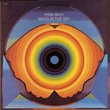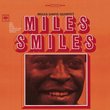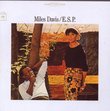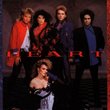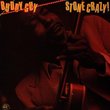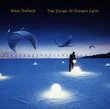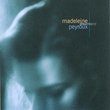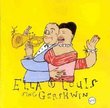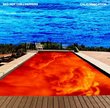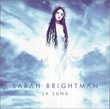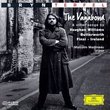| All Artists: Miles Davis Title: Sorcerer Members Wishing: 1 Total Copies: 0 Label: Sbme Special Mkts. Release Date: 4/29/2008 Genres: Jazz, Pop Styles: Modern Postbebop, Bebop Number of Discs: 1 SwapaCD Credits: 1 UPC: 886972668321 |
Search - Miles Davis :: Sorcerer
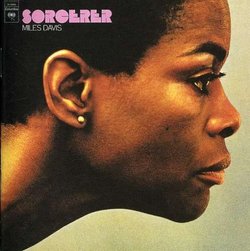 | Miles Davis Sorcerer Genres: Jazz, Pop
Miles Davis, Sorcerer |
Larger Image |
CD DetailsSynopsis
Album Description Miles Davis, Sorcerer Similar CDs
Similarly Requested CDs
|
CD ReviewsA strong Second Great Quintet album with a bizarre closing t Christopher Culver | 12/09/2009 (4 out of 5 stars) "Miles Davis' 1967 album SORCERER is one of the last efforts by the trumpeter and his quintet in consistent post-bop, with only NEFERTITI coming next before the music shifted towards experimentation and fusion. As with other albums in this period, the music is generally sober and finely crafted, eschewing the wildness of other jazz scenes for a jewel-like perfection. Wayne Shorter wrote the bulk of the cuts here, with "Pee Wee" being a Tony Williams composition and "The Sorcerer" by Herbie Hancock.
While the music of this period can often seem limited, with it hard to keep some tracks apart in one's memory, this is still supremely entertaining music, and I pull albums like SORCERER down from the shelves more often than earlier phases of Davis' career. SORCERER is especially notable for "Masqualero", one of the most complex tunes ever played by the Second Great Quintet, it offers a great pleasure in following its labyrintine twists and turns. Herbie Hancock's piano solo begins with wide glissandi across the keyboard, a fresh sound for him. "Limbo" has unusually fierce drumming for Tony Williams. The only real downside of SORCERER is its closing track. "Nothing Like You" was recorded in 1962 and features vocals by Bob Dorough and a vastly different lineup of which of the SORCERER-era musicians only Davis and Shorter appear. Not only are Dorough's vocals annoyingly flamboyant, but the song gives the instrumentalists no real space to work within." |

 Track Listings (9) - Disc #1
Track Listings (9) - Disc #1